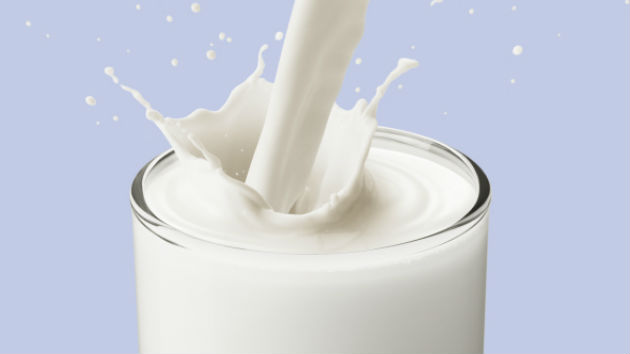
20% of grocery store milk has traces of bird flu, suggesting wider outbreak
The Food and Drug Administration reported late Thursday that about 20 percent of retail milk samples from around the country tested positive for genetic fragments of the bird flu, aka highly pathogenic avian influenza (HPAI) virus H5N1. While retail milk is still considered to be safe, the finding suggests that the spread of the virus in cows is more extensive than is currently known.
While experts are largely unconcerned with the safety of commercial milk, the potential for wide, unrecognized spread of bird flu in dairy herds is alarming. To date, the US Department of Agriculture has only confirmed infections in 33 herds in eight states. The FDA acknowledged that of its positive samples, "a greater proportion of positive results [are] coming from milk in areas with infected herds." But with tens of thousands of dairy herds in the US, the finding suggests that infections are being missed. It does not necessarily suggest that 20 percent of all cows are affected, since milk is pooled for commercial distribution. But 33 herds alone are unlikely to explain the high prevalence.
Last week, The New York Times reported that the one dairy herd that tested positive for bird flu in North Carolina did not show any symptoms of the infection. The possibility of asymptomatic spread of the virus among cows will make containment and monitoring far more difficult—and could explain why infections may be easily missed. On Wednesday, the USDA issued a federal order requiring dairy cattle to have a negative H5N1 test before being moved across state lines.




















/cdn.vox-cdn.com/uploads/chorus_asset/file/23935558/acastro_STK103__01.jpg)

